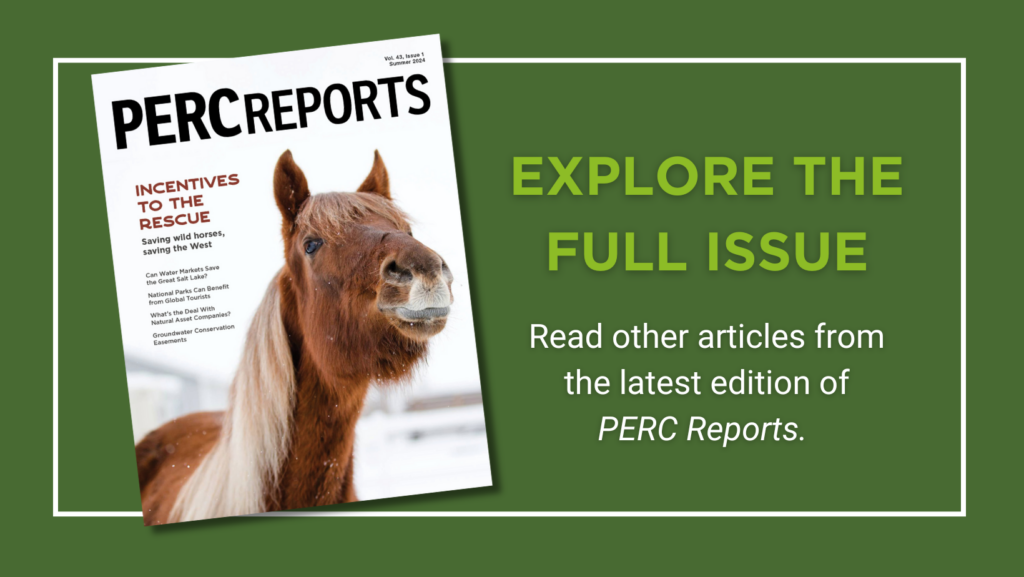
One of my most memorable lessons about incentives came during college. My university, Berry College, purchased dozens of bikes to distribute throughout campus. The red-painted “Berry Bikes” were free to use, intended for students to ride easily between buildings to and from class.
The program famously flopped. Shortly after it launched, the student newspaper reported that “chains have been broken, tires punctured, handlebars bent, and seats torn.” Appeals to “treat the bikes as if they were your own property” were ignored. Two months in, the project was abandoned.
Dozens of universities launched similar bike-sharing projects around that time, all with the same result. Two-thirds of Northern Arizona University’s free “yellow bikes” were stolen or vandalized during the project’s first semester. Purdue’s “Gold Bike” program lasted less than a month. At Florida’s Eckerd College, $25,000 worth of bikes disappeared. Students devised a clever way to use the few that remained—by taking the seats with them to class to ensure the bike would still be there later.
Several cities tried free bike programs, too. In Portland, Oregon, community activists released 1,000 yellow bikes on city streets. Almost all were stolen or vandalized within a few months. Tampa’s “Orangecycles” program ended just weeks after it began. Another program in Princeton, New Jersey, failed so badly that the local paper reported finding a free bike was “kind of like seeing Elvis.”
The lesson is one that applies as much to free bikes as does to the conservation issues that PERC works on: Ownership provides clear incentives for people to care for their resources. But when assets are freely available for anyone to use—or abuse—without consequence, those incentives disappear.
This issue of PERC Reports demonstrates the importance of incentives across a wide range of issues we have been working on over the past year. Kat Dwyer writes about an innovative incentive program that is helping rein in the wild horse crisis on public lands in the American West. Todd Wilkinson explores how water markets can help save Utah’s Great Salt Lake, highlighting a new agreement between PERC and the State of Utah.
Tate Watkins explains the important role of recreation fees for national park management, and why charging international tourists more than residents could help sustain U.S. parks. And Paul Schwennesen describes how a new concept known as groundwater conservation easements can address aquifer depletion. This market innovation, he writes, “has enormous implications on incentives. If you are empowered to sell the car you once had free access to, do you think you are more motivated or less to invest in its care?”
Bike-sharing programs have thankfully evolved since my college days to embrace the power of incentives. Sophisticated tracking, refundable deposits, and user fees now ensure bikes don’t simply vanish once loaned out. This same insight—that thoughtful policy improves environmental outcomes by shaping incentives—informs much of PERC’s research. This issue provides a few examples of those types of policies in action. We hope you enjoy it.




